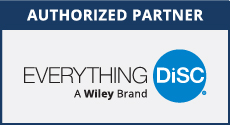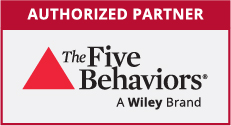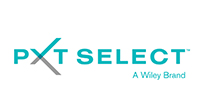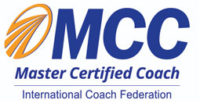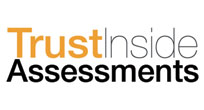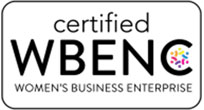Every day, we are inundated with ideas on how to reframe our perspectives around different issues. A new diet to help reframe our relationship with food, a digital course on how to change the way we manage finances, a self-help book on how to better understand where your spouse is coming from during an argument. All of these are great solutions for certain people in certain situations. But what about an actionable way to reframe something that affects all of us?
We’re talking about stress.
No matter how much or little, we all experience stress on a daily basis. For some of us, it can be debilitating. For others, only a mild annoyance. Whichever camp you fall into, stress is an unavoidable part of our lives. We all experience it in different ways, shapes, and forms. The question is, what can we do to make stress…less stressful? Better yet, how can we reframe stress to work for us?
Psychologist Kelly McGonigal is onto something.
In her TED talk, McGonigal drops a bit of a bomb on her audience: research shows that it’s not necessarily stress that’s bad for your health—it’s our beliefs surrounding the stress that are linked to disease and mortality rates. The study she references was conducted over an eight year period and tracked 30,000 adults. Participants were asked how much stress they had experienced during the past year, and if they believed stress was harmful for their health. Then, using public records, they were able to see which participants ended up dying over the course of the study (a bit morbid, but all in the name of science we suppose).
Turned out, the people who experienced a lot of stress but did not view stress as harmful were no more likely to die. In fact, they had the lowest risk of dying of anyone in the study, including people who had experienced relatively little stress. A bit of self-assurance mixed with self-awareness forms a perfectly well-adjusted outlook. These are the people we can all aspire to be—because let’s face it, wouldn’t most of us consider our lives more than just “a little” stressful?
“So my goal as a health psychologist has changed,” McGonigal shares. “I no longer want to get rid of your stress. I want to make you better at stress.”
Alright, you get the picture. Stress = fine. Thinking stress will harm you = not fine. What can we do to manage our stress, in all its various forms, in a reframed and positive way?
We’ll preface this by saying that this shift in mindset does not come easy. Stress is not something we naturally see from a positive perspective. We need the right tools in order to help us get to this level of stress enlightenment. One such tool could serve to tap into our self-awareness and name what our stress triggers might be based on our personality style. A detailed explanation of these stressors—and so much more personalized, insightful feedback—lies within your Everything DiSC Workplace® profile. Each user’s profile is personalized based on their responses to an adaptive assessment (many people are nearly freaked out by the accuracy) and includes a list of your unique stressors based on your DiSC style. At a glance, here are some common sources of stress for each style.
Knowing your DiSC style, and therefore insight into your common stressors, can be a first step toward making stress work for you. As McGonigal shares in her TED talk, making people better at stress starts with shifting the beliefs associated with stress from negative to positive. For example, if you’re an S-style experiencing stress caused by a tight timeline, you might reframe your perspective of the situation to be 1) an exercise in quick decision-making or 2) acknowledgement that others have faith in your ability to get the work done. If you’re an i-style who is experiencing stress caused by a lack of collaboration on a big project, try seeing this stressor as an opportunity for solo work that can inspire the team toward alignment. While we all want to avoid the discomfort of stress, there is more opportunity for growth (and improved health!) when we face the discomforts of stress with a new, more positive mindset.
Stress itself is inevitable, but the harmful effects it can have on your health are not. “When you choose to view your stress as helpful, you create the biology of courage. And when you choose to connect with others under stress, you can create resilience,” McGonigal explains. “And when you choose to view stress in this way, you’re not just getting better at stress, you’re actually making a pretty profound statement. You’re saying that you can trust yourself to handle life’s challenges. And you’re remembering that you don’t have to face them alone.”
Everything DiSC® is a global leader in delivering personalized, soft skills learning experiences that have an immediate and lasting impact on the performance of people and cultures of organizations.
To learn more about how Everything DiSC can help individuals deepen self-awareness around common stressors by DiSC style, connect today with the team at Laura A. Davis and Associates, Inc., an Authorized Partner.




